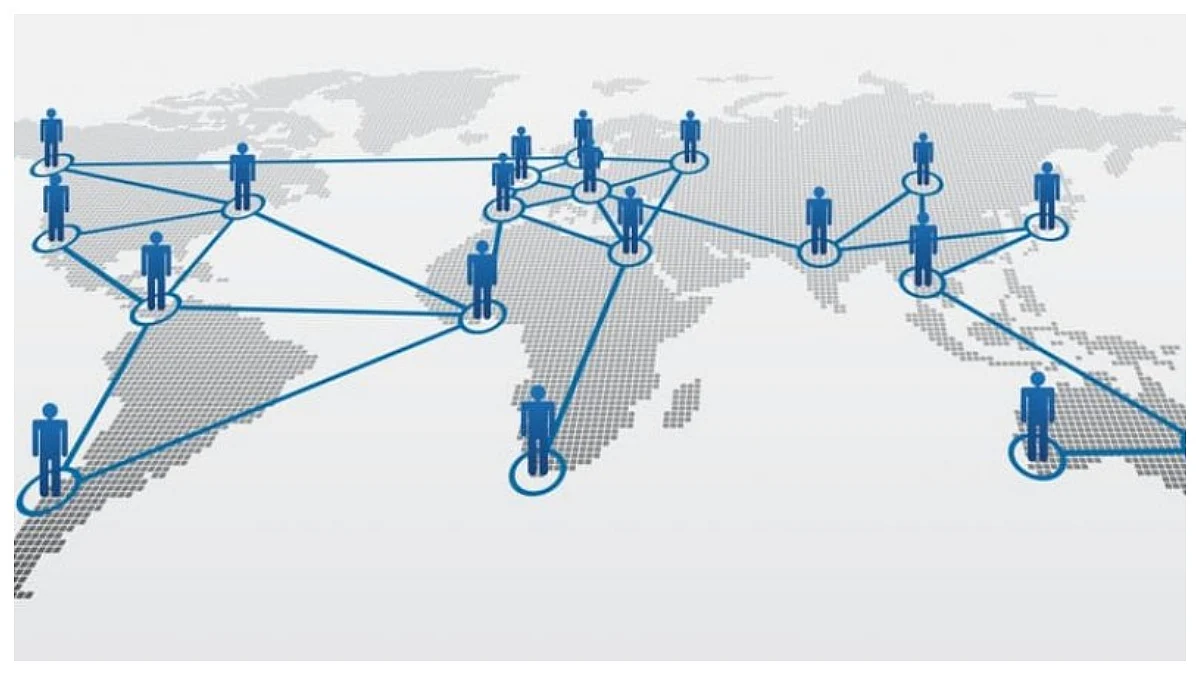Indore (Madhya Pradesh): Divisional Commissioner Deepak Singh, who served as Guest Editor for Free Press on Friday, praised Indore for maintaining its leadership in cleanliness, air quality and culinary excellence, while urging citizens to take active responsibility in tackling emerging urban challenges.
While appreciating the city's strong civic pride and achievements, Singh noted that Indore lags in traffic discipline, water conservation, green cover and noise pollution control.
“Indoreans love their city and have the capacity to overcome these challenges together,” Singh remarked.
Calling for a shift in mindset, Singh stressed the need for public participation in traffic management. “Everybody in Indore is in a hurry, but no one reaches on time. People need to plan their journeys better and follow traffic norms. This is not something the police alone can fix,” he said.
Singh highlighted a surprising contrast—Indore consumes the most expensive water in the country, yet lacks seriousness in conserving it. “We need to save water, especially rainwater, during the monsoon. It's high time we begin preparing for a rainy day,” he said.
On environmental sustainability, Singh warned that the city's good air quality is largely thanks to surrounding forests, not urban green cover. “If Indore doesn’t step up efforts to plant trees and control noise levels, it risks becoming another Delhi in terms of air quality,” he cautioned. He also said that Indore needs to address noise pollution.

Focus on tribal health and welfare
Shifting his focus to the broader Indore division, Singh shed light on significant health interventions in the tribal belt. “We’ve already surveyed 80% of tribal households for sickle cell disease and initiated treatment.
Carriers have been counselled to prevent the disease in future generations,” he said.
He proposed launching a special 100-day drive to complete health surveys for the remaining households.
Major medical interventions achieved
Singh also shared key successes in healthcare delivery in the region over the past six months.
“Heart surgeries were successfully performed on 250 patients and cancer treatment was initiated for 600 patients. Besides, thousands suffering from tuberculosis, diabetes and hypertension were identified and are now receiving treatment,” he said.
While acknowledging that illiteracy and limited health facilities remain challenges in the tribal areas, Singh said the government is taking sincere and structured steps to bring about long-term change.










